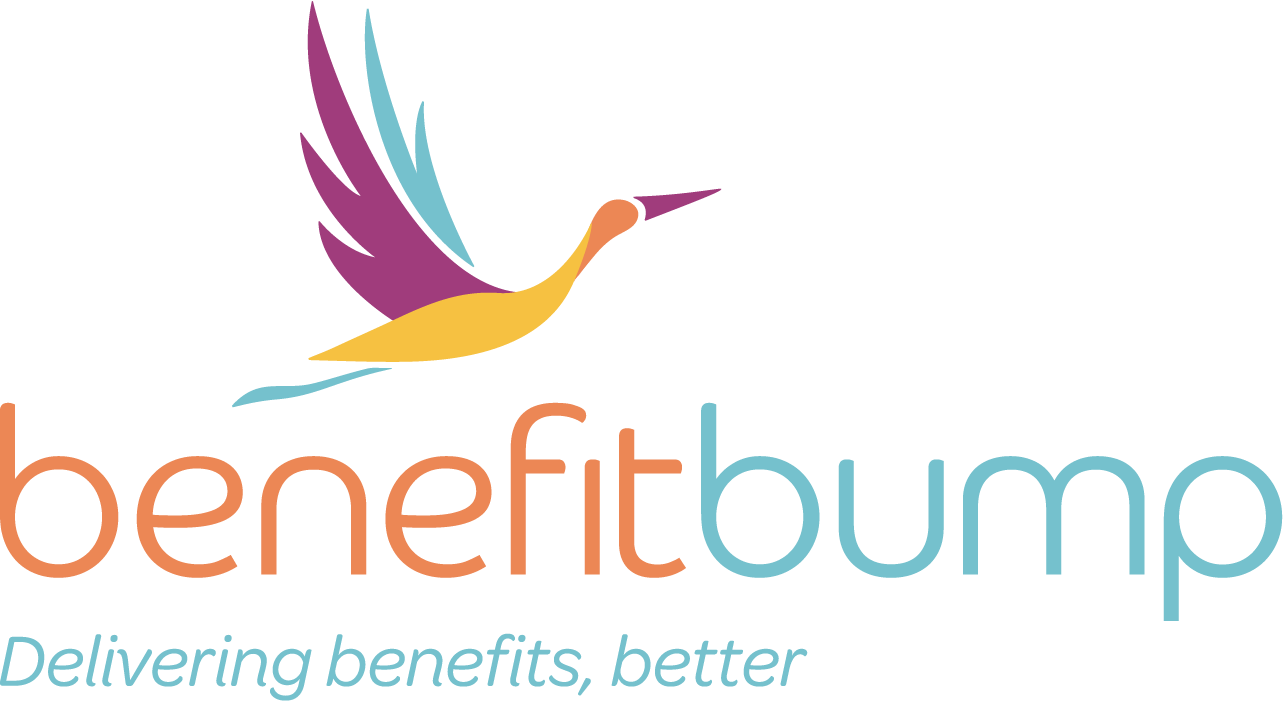Mental Health Awareness Month
Understanding Your Mental Health
We often think of our health in terms of our physical health, but our mental health is equally as important. Mental health refers to our social and emotional well-being. Our mental health can be impacted by a number of things- stress, trauma, genetics, lifestyle, and personality just to name a few. It affects everything we do and it’s important that we understand what it is and what it means to keep ourselves emotionally healthy.
According to Mental Health America, “nearly 1 in 5 Americans will have a diagnosable mental health condition in any given year” and almost half will have one at some point in their life. While these statistics showcase startling numbers it is important to note that everyone, not just those living with mental health disorders, can benefit from mental health care. The repercussions of not seeking health can be great. Many Americans are suffering with undiagnosed mental health disorders that can affect daily functioning and physical health. Over 12 million adults in the U.S have reported serious thoughts of suicide and it is the leading cause of death, with one occurring approximately once every 11 minutes.
The best way to understand your own mental health is to do a self-check. A simple way to do this is to reflect on your feelings. Others find coping strategies for stress, such as social activities, getting adequate sleep and nutrition, exercise, and practicing meditation and mindfulness. The National Alliance on Mental Illness suggests the following exercise if you feel yourself getting particularly stressed in a moment (please note that anyone can use this and it is not limited to only people with mental health disorders):
Use the “5 Senses”: Check in with each of your senses individually. What do you hear (i.e. a car door shutting, the hum of a washing machine)? What can you feel (i.e. the carpet beneath your feet, the hard chair you are seated on)? Can you smell or taste anything? Take a look around, what do you observe? When you focus on your senses, it can help you stay grounded in any moment.
How can you tell when it’s time to seek help? The National Institute of Mental Health suggests speaking with someone if you’ve had any of these symptoms that interfere with your daily life (i.e. work, school, household duties) for two weeks or more: difficulty sleeping, difficulty concentrating, loss of interest in things you typically enjoy, inability to perform usually responsibilities, changes in appetite, or thoughts of self-harm or suicide.
If you or a loved one are struggling with mental health, talk to your physician, Care Navigator or call the National Mental Health Hotline (free of charge and confidential) at 866-903-3787.

